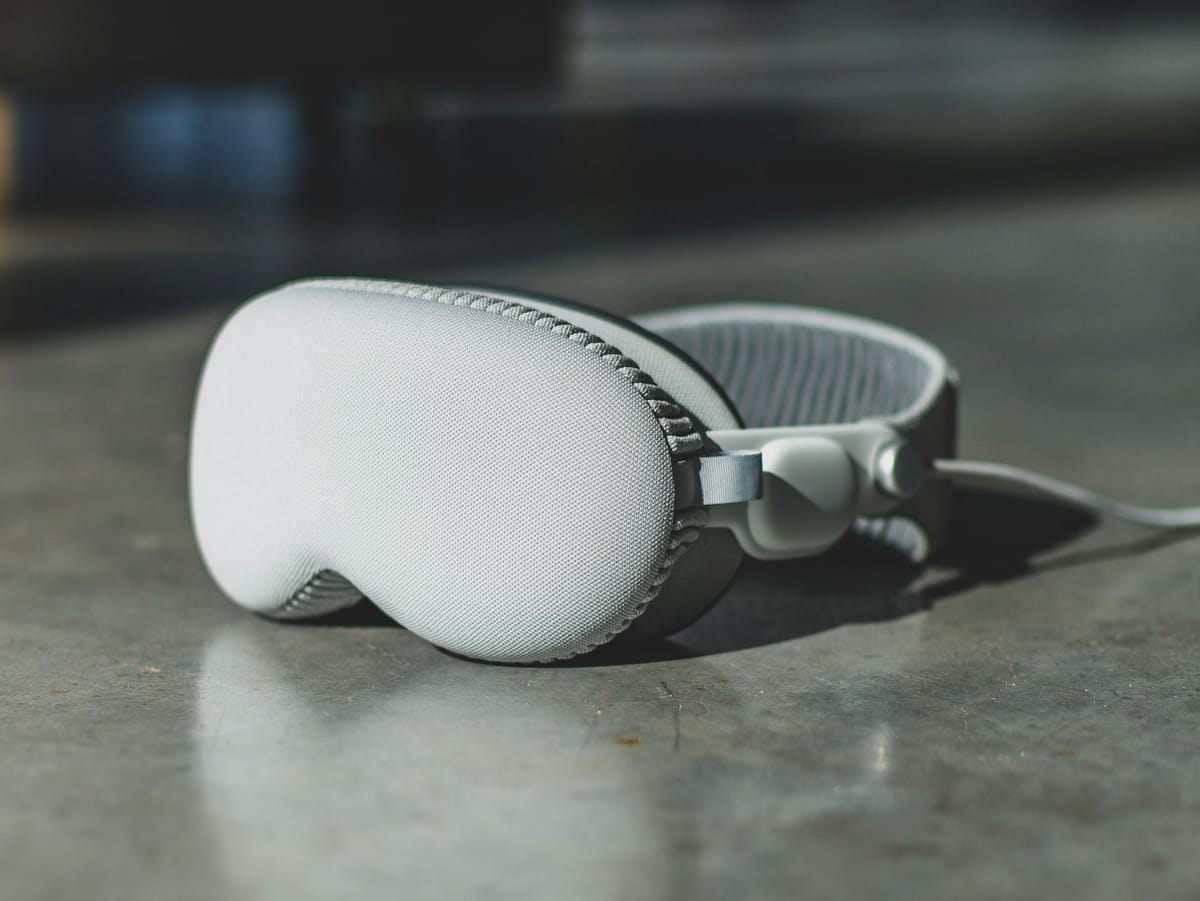Apple targets billion-dollar AR smart glasses market with Project Atlas
Could Apple usher in the era of truly comfortable smart glasses?
A few weeks ago, Techloy reported that Apple may be working on four new AR and mixed-reality products, including a fresh attempt at smart glasses.
Now, it appears the rumours might be true, with reports from Bloomberg citing a new internal study on these glasses, dubbed "Project Atlas."
Apple’s potential shift to lightweight, everyday AR glasses signals a strategic pivot from the bulky, costly Vision Pro headset, which, despite its technical prowess, struggled with consumer demand due to its hefty $3,500 price tag and substantial size.
The Vision Pro’s mixed reception seems to have nudged Apple toward a wearable that’s lighter and more practical—akin to Meta’s $299 Ray-Ban glasses, though with ambitions that seem to surpass them.
The smart glasses market needs a true contender
The AR glasses market has seen efforts like Snap Spectacles, Meta’s Ray-Ban glasses, and its bulky Orion prototype glasses, all designed to bring smart eyewear into daily life.
While Snap’s Spectacles might someday come to social media users, they’re still limited in function and use cases to developers at $99/month. Meta’s Ray-Ban glasses, which recently sold out in stores, add a bit more, offering photo-taking and phone calls, yet they still lack the transformative AR functionality many expect from “smart” glasses.
Other brands, like XReal’s Air 2 Ultra, have attempted more advanced concepts, but they still face challenges balancing advanced tech with wearable comfort. This is where Apple’s approach could stand out. Known for its refined, user-friendly designs, Apple might bring a “less is more” philosophy to AR.
If Project Atlas focuses on core functions—like navigation, notifications, and integration with Apple’s ecosystem—while remaining comfortable, it could achieve the balance that has so far eluded competitors. Apple’s unique design sensibility could also produce smart glasses people actually want to wear, making AR technology truly mainstream.
Learning from competitors' struggles
Apple’s reported internal surveys on current smart glasses indicate the company may be learning from industry missteps. With Snap, Meta, and others facing issues with battery life, weight, and even privacy concerns, Apple has the opportunity to refine the concept rather than add unnecessary complexities. The challenge, though, lies in delivering functionality without feeling intrusive or heavy.
While the details remain uncertain, Project Atlas hints that Apple’s push into the $2.4 billion AR headset and glasses market is far from over.










